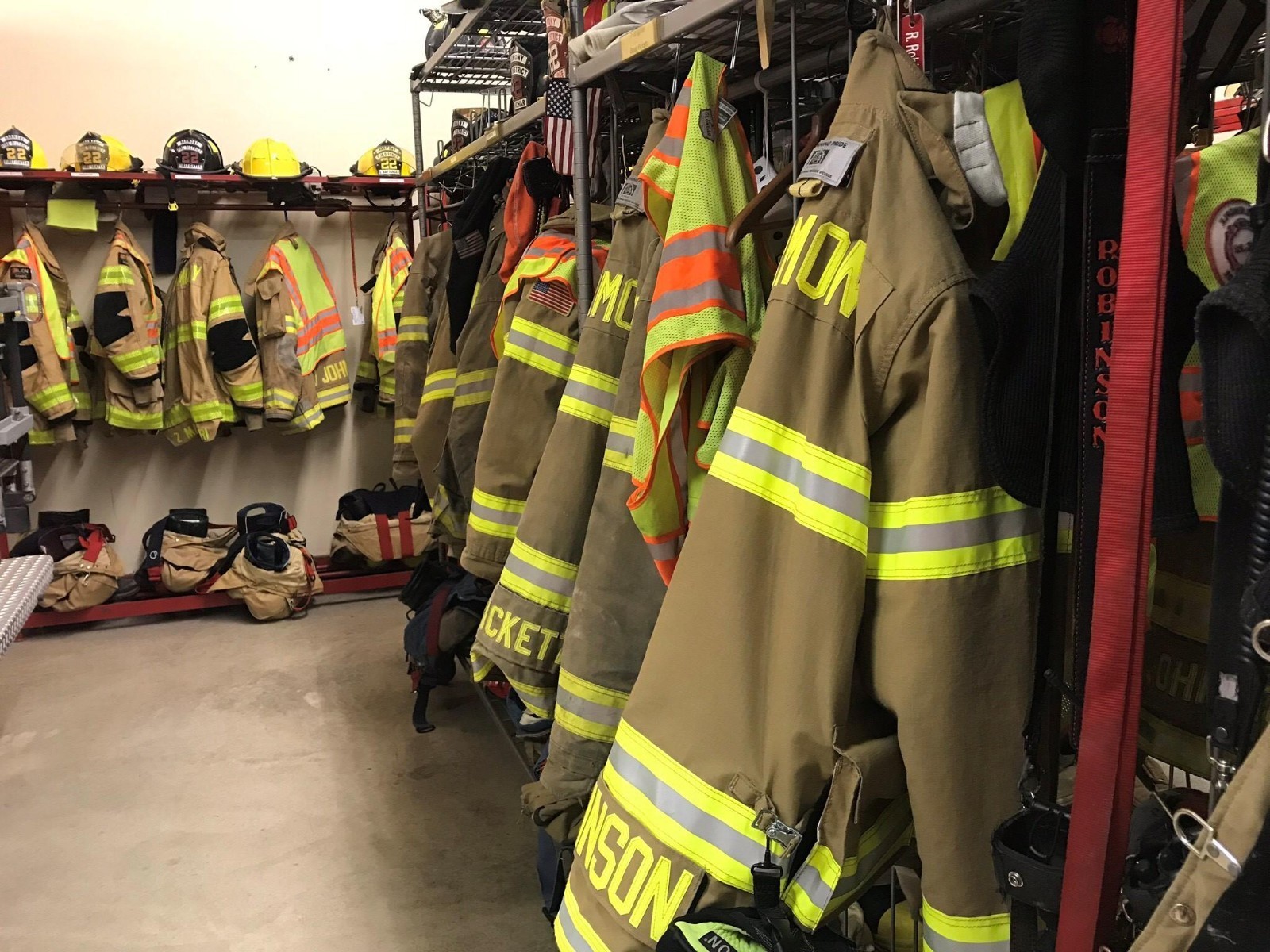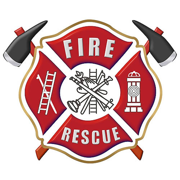
The tragic deaths of Newark firefighters Augusto Acabou and Wayne Brooks Jr., fighting a cargo vessel fire, have brought into stark focus the real dangers of shipboard firefighting, especially for land-based firefighters. It has also highlighted the complexities of marine firefighting and the region’s desperate need for a wholistic approach to protecting our ports and the ships that pass through them. Specialized firefighter training, immediate access to ship data during a fire and coordinated regional responses — regardless of where a ship fire occurs — are essential.
In New Jersey, firefighters in cities such as Newark receive standardized basic training in the fire academies across the state. Firefighters are trained to handle a myriad of different hazards including structure fires, vehicle fires, vehicle extrication and basic hazardous materials responses. Shipboard firefighting is not included — it’s a highly specialized field, one which requires equally specialized training, particularly for municipal fire departments.
Fire departments surrounding the ports of northern New Jersey have conducted their own shipboard training and exercises for some time. However, such training is offered as time and money permits. For the most part, the responsibility for such training has fallen to the individual fire departments. The New York City Fire Department built its own $3.3 million shipboard training facility, using a FEMA “Port Security” grant.
Given the fact that the Port Authority of New York and New Jersey owns the ports and relies upon local fire departments for firefighting responses, it should be the PA that funds and organizes this training. Given the size and number of the port facilities — second in the U.S — and the critical economic impact on our region, firefighting in these facilities demands a state-of-the-art training facility and expert staff. Training that is conducted year-round and is constantly updated. The fact that the overwhelming majority of shipping ports now are on the New Jersey waterfront, New Jersey should also have its own permanent facility for firefighters.
Another issue for the region’s firefighters responding to shipboard fires is access to real-time information about the ships and the cargoes they carry. It’s critical to know exactly what’s burning and the layout and design of the ship. Cargo ships are effectively high-rises on the water; however, they have no windows for ventilating smoke, have narrow staircases to access the different floors, and are essentially giant steel boxes that contain the heat of a fire. Firefighters need this information immediately at their arrival to plan an attack or take other actions.
This need for intelligence calls for an electronically accessible system for receiving bills of lading, ship plans and specifications, and ship crew manifests. A fire department incident commander should have this immediately available at the command post. It’s ironic that firefighters are typically able to get real-time building information for high-rise buildings on land, but firefighters don’t have such a system to provide information quickly in the first few minutes of a shipboard incident.
For many years, the New Jersey fire service and the FDNY have worked together to handle many different types of incidents on either side of the Hudson River — agreements for mutual aid have been in place for quite a while. However, specific response requests are often delayed by the need for approvals by leaders of the various firefighting agencies.
It’s time that we consider a bi-state automatic response to significant fires on ships in our port facilities. We need a regional maritime fire coordination center that gets firefighting assets moving immediately to maximize effectiveness. Fireboats take a significant amount of time to arrive at an incident, so getting them underway quickly is important. Perhaps the U.S. Coast Guard could assume this role, given its responsibility of protecting our ports and its role in shipboard firefighting.
It's been reported that other problems arose during the July 5 fire Including incompatible hose threads on the ship’s standpipe system that didn’t match those of Newark’s firefighters, significant radio communications signal problems inside the ship, as well as other issues. Hopefully, the investigations underway will look into these issues and provide recommendations for correcting them.
It’s time that our shipboard firefighting capabilities entered the 21st century in the New York City region. The safety of our firefighters and our region’s economic health demand it. Let’s start by building the “Augusto Acabou and Wayne Brooks, Jr. Memorial Maritime Firefighting Training Center.”
GLENN CORBETT, PE, is the former assistant chief of the Waldwick (NJ) Fire Department, an associate professor of fire science at John Jay College in NYC, and technical editor for Fire Engineering. He is the co-author of Brannigan's Building Construction for the Fire Service, 6th Edition; editor of Fire Engineering's Handbook for Firefighter I and II; and an FDIC executive advisory board member.

